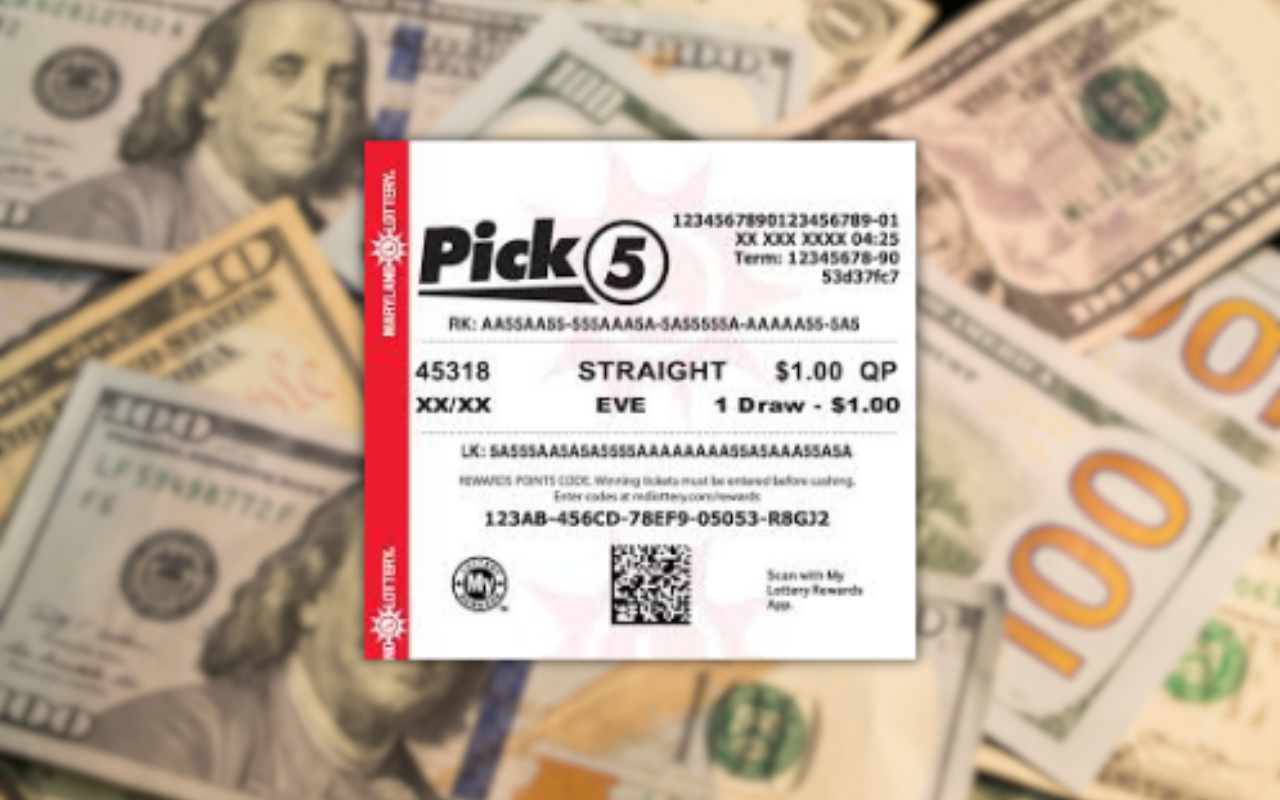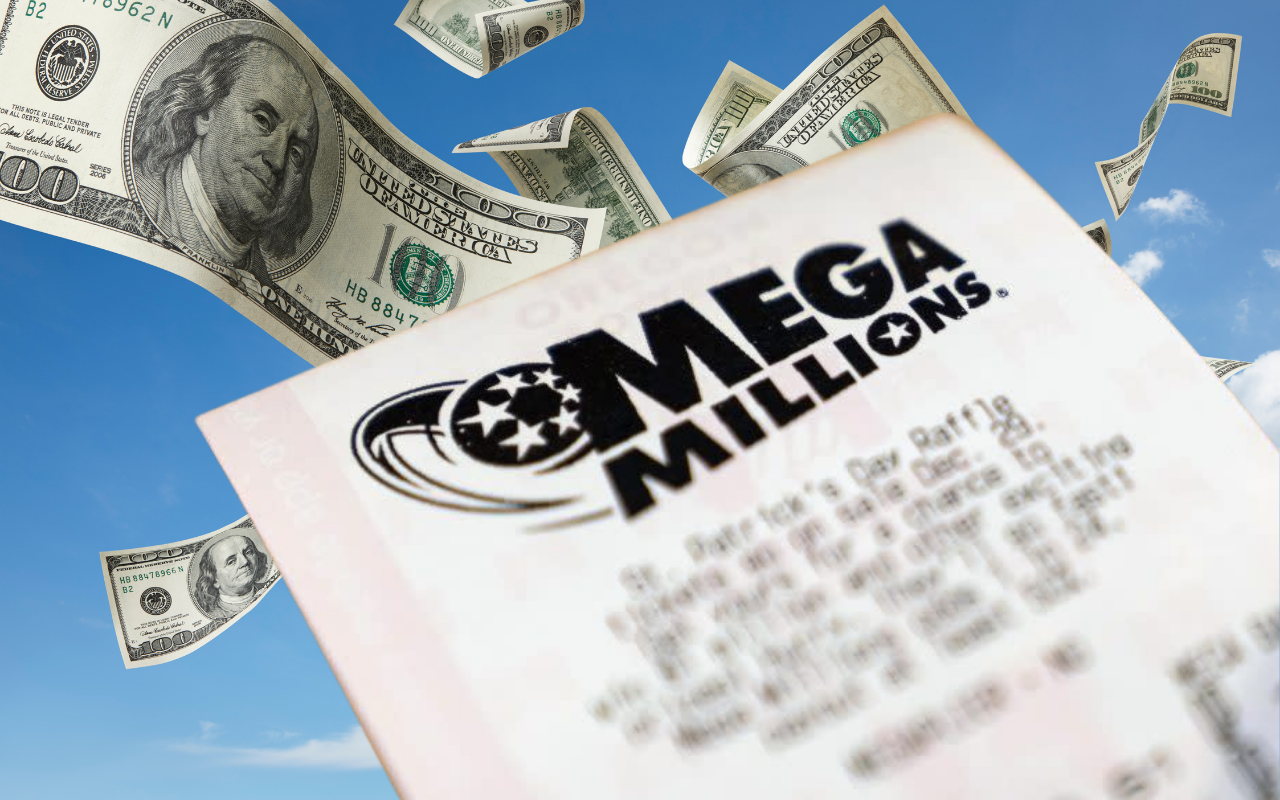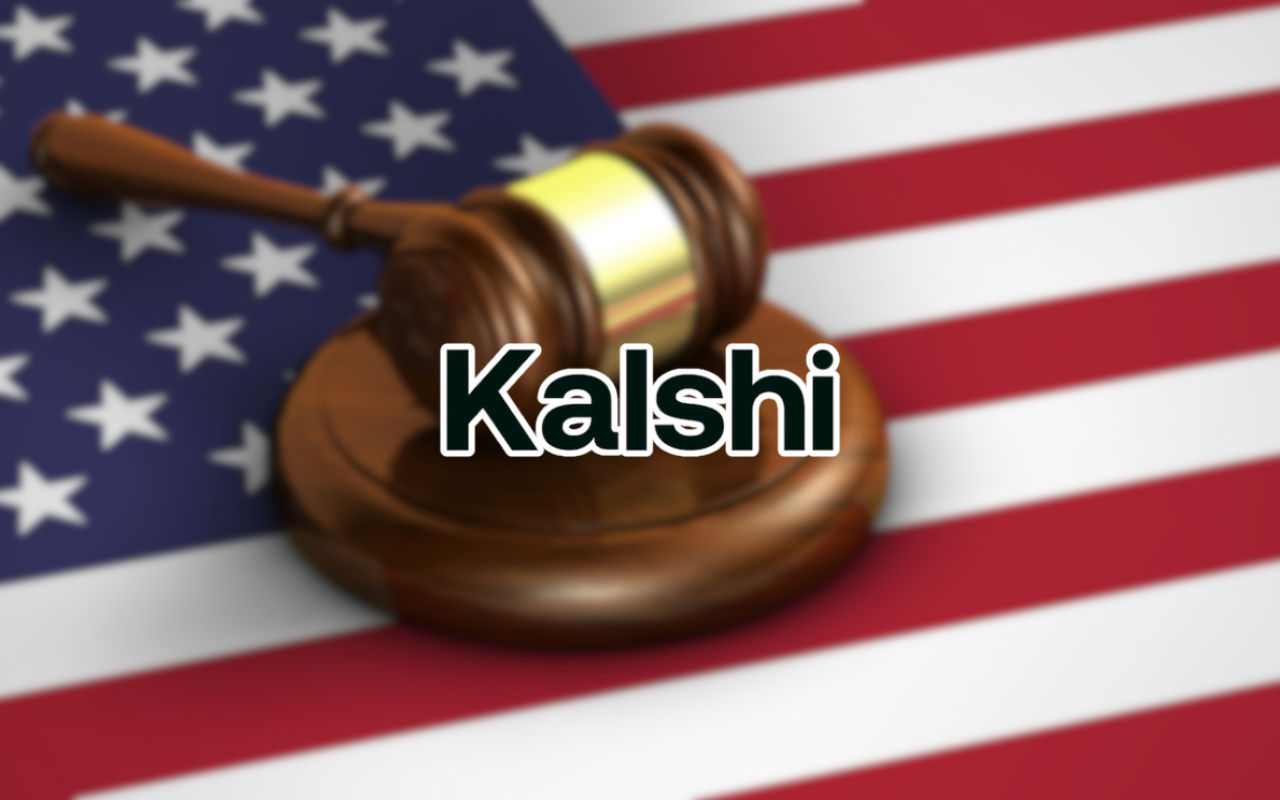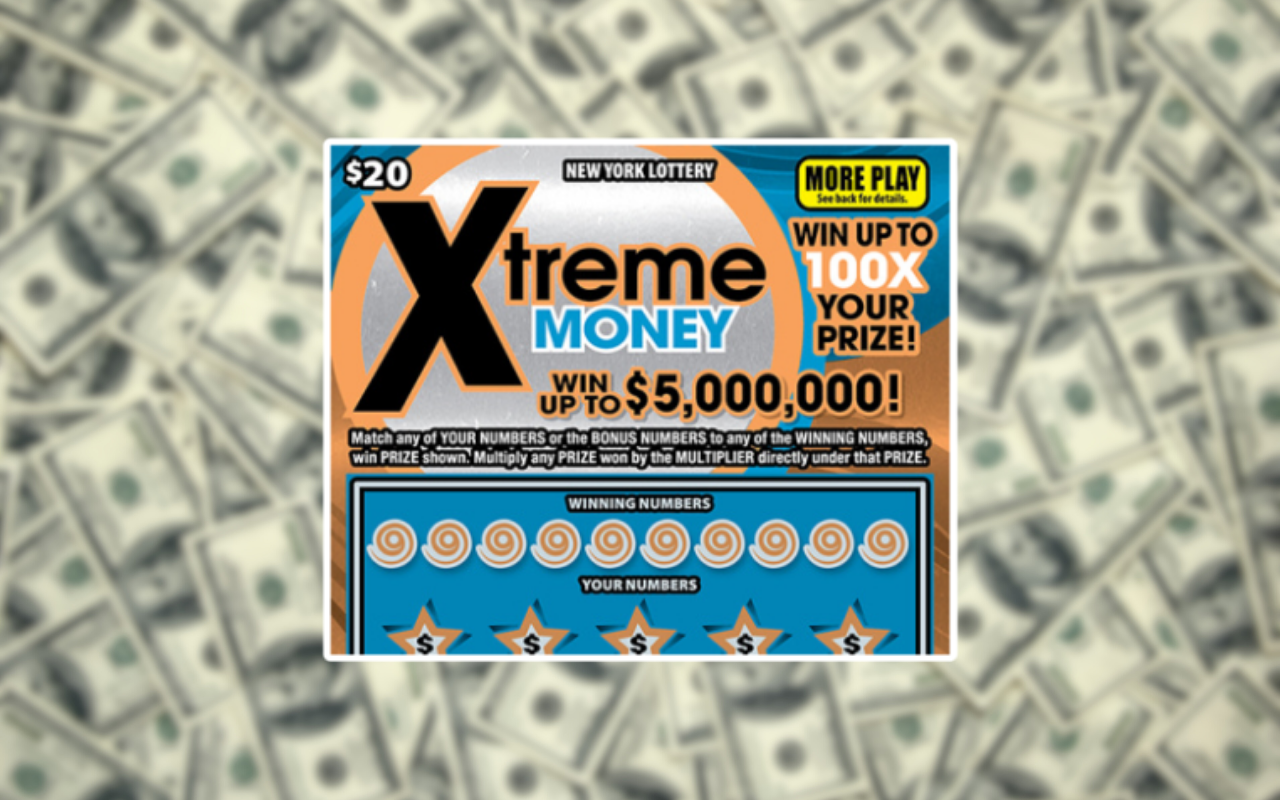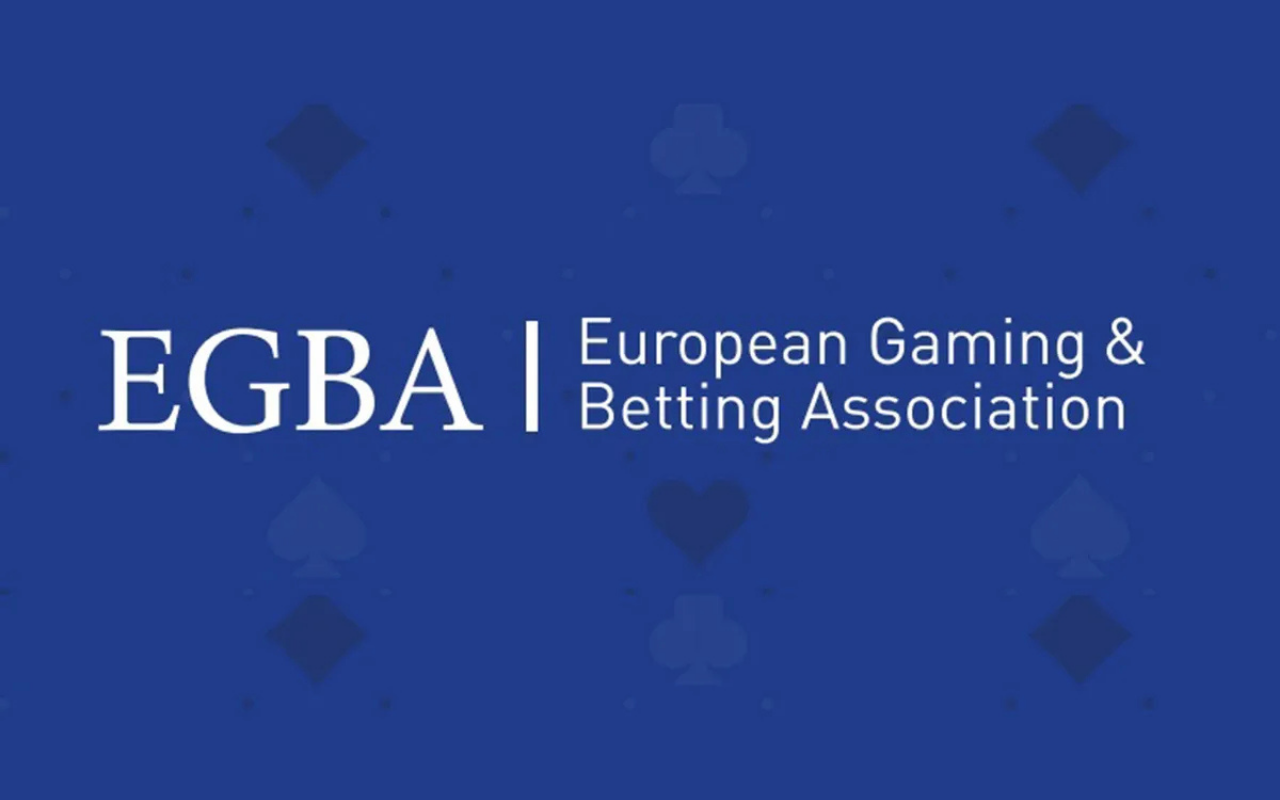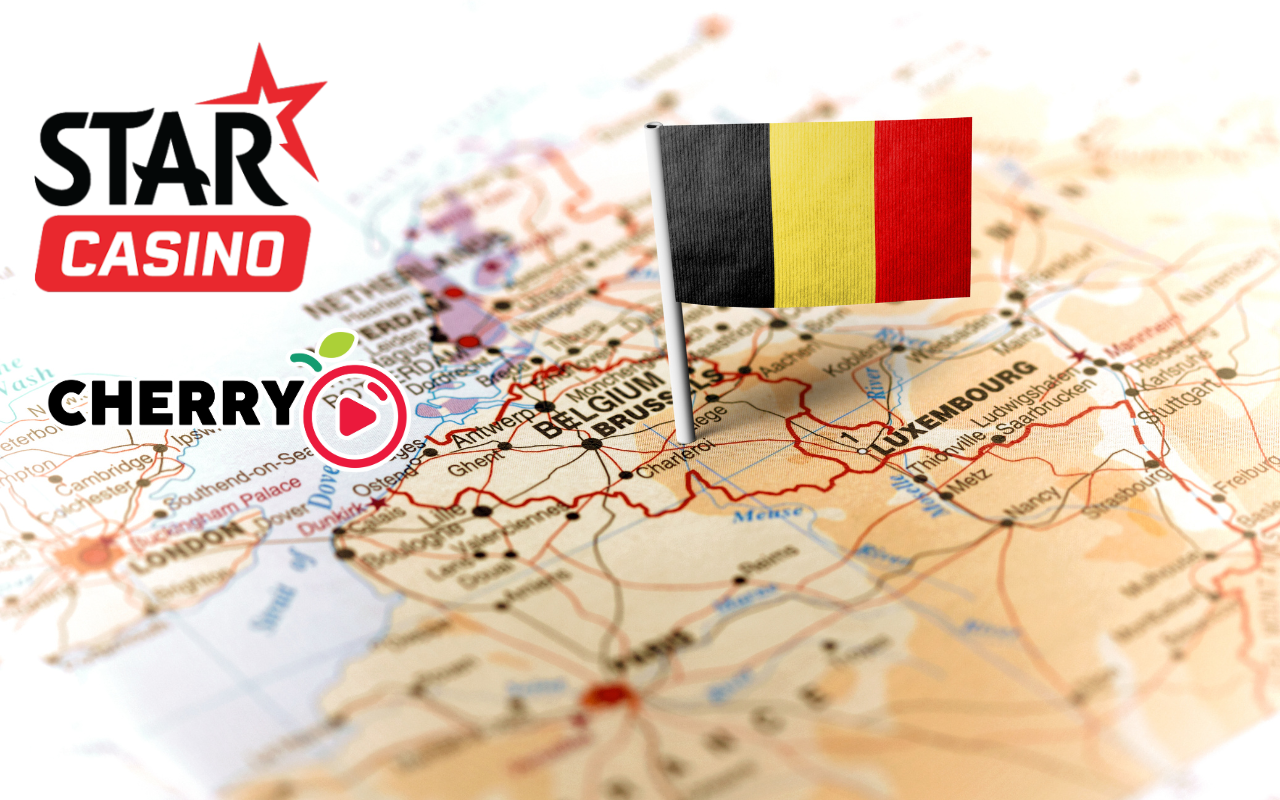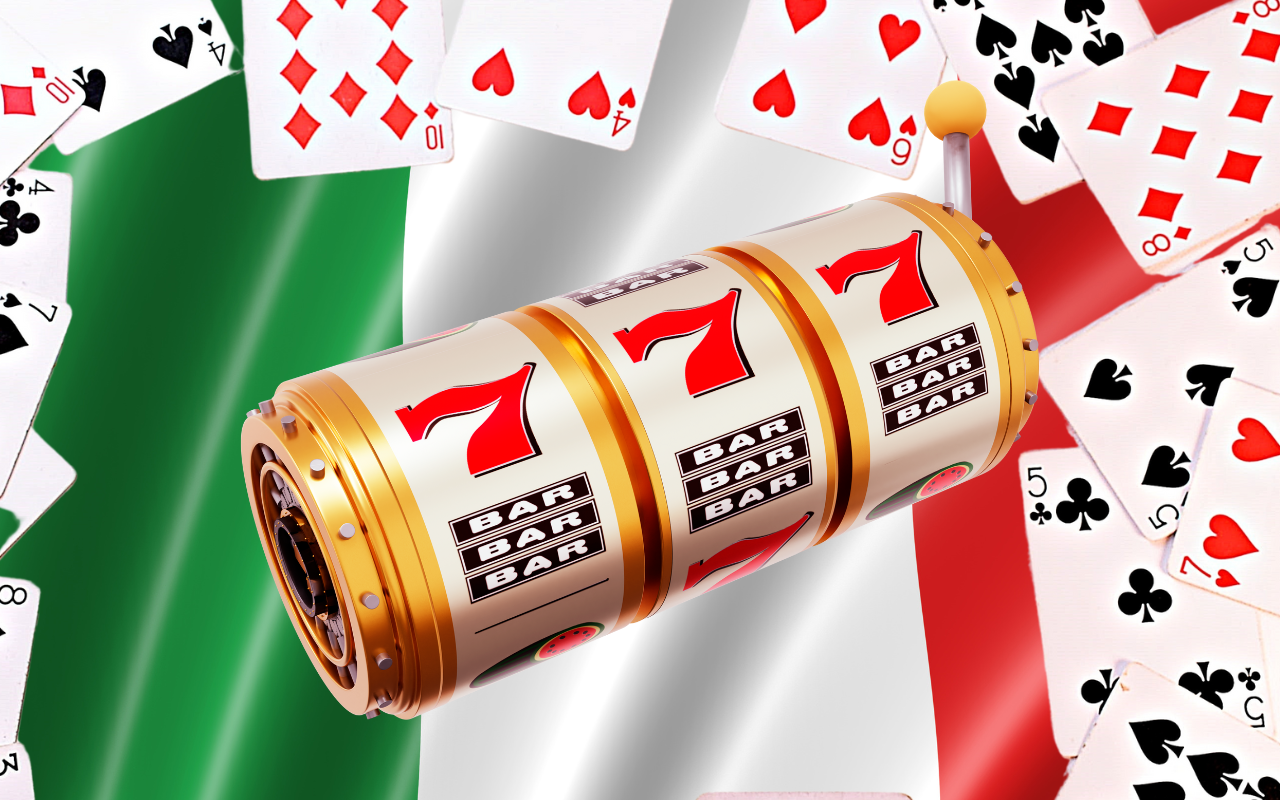Norway’s Stand Against Unauthorized Gambling Websites
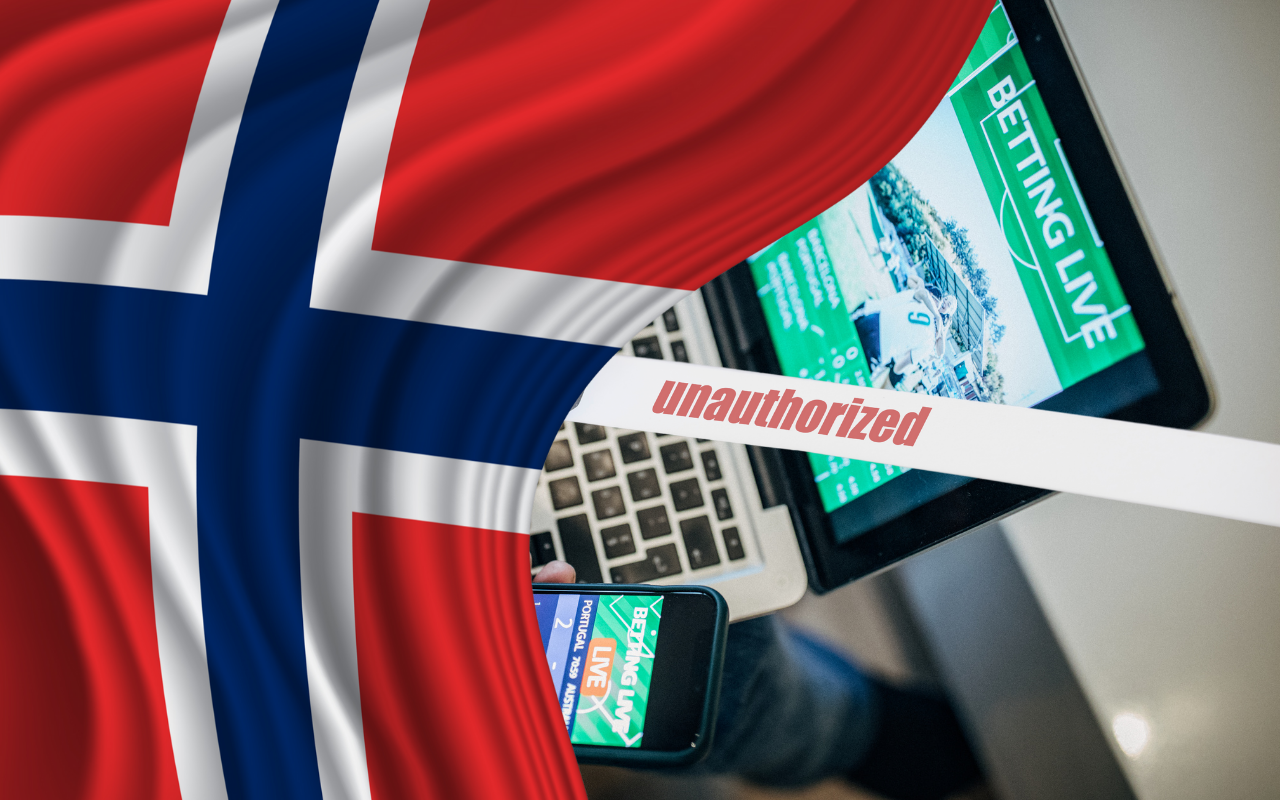
Norway’s Efforts to Block Unauthorized Gambling Sites
- Norway’s gambling regulator blocks access to 57 unauthorized gambling sites
- The regulator emphasizes that only two gambling sites hold licenses in Norway
- Norway remains one of the few European countries not adopting a multi-license model
Norway has implemented measures to block access to 57 gambling websites that were operating without the necessary authorization from the state regulator, Lotteritilsynet. These sites were conducting business in the country illegally.
Norway Targets Unauthorized Gambling Websites
At present, Norway maintains a state-controlled monopoly over the gambling industry, which is a rarity in Europe. This monopoly permits only two state-operated companies to conduct gambling activities legally. Individuals wishing to engage in legal gambling can do so through the platforms provided by Norsk Rikstoto and Norsk Tipping.
In an effort to bolster player protection, Norway has adopted the strategy of ‘DNS blocking.’ This method is intended to prevent the specified websites from being accessible within the country or offering their services to Norwegian players.
This technique involves obstructing user access by preventing the server from connecting to a specific IP address. While Norway has not disclosed the names of the affected websites, it has been asserted that these platforms were providing illegal services.
Silje Sagrov Amble, legal counsel for Lotteritilsynet, has stated that the blockades were directed at websites that intentionally sought to exploit players. Amble emphasized that these platforms aimed to captivate players without offering any consumer protection.
While Norway maintains its stance, most European countries have transitioned to a multi-license model. This approach allows private companies to operate within the market, as it is deemed more beneficial than establishing a state monopoly.
The prevailing argument is that competition leads to improved variety, incentivizing more players to choose licensed websites. Conversely, a state monopoly may drive players towards unlicensed offshore gambling sites, which can have significant negative impacts on their well-being.
State Monopoly or Multi-License Model: What Lies Ahead?
For instance, Finland is preparing to transition to a multi-license market in 2026, recognizing that liberalizing gambling could effectively counteract the black market. Reports suggest that around 50% of Finnish players currently engage with offshore websites.
For now, Lotteritilsynet is pursuing a different strategy, focusing on individual cases to combat the black market. This approach mirrors the efforts of the Australian Communications and Media Authority.


